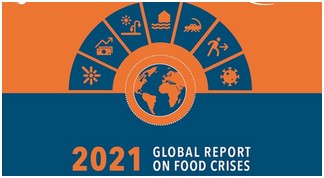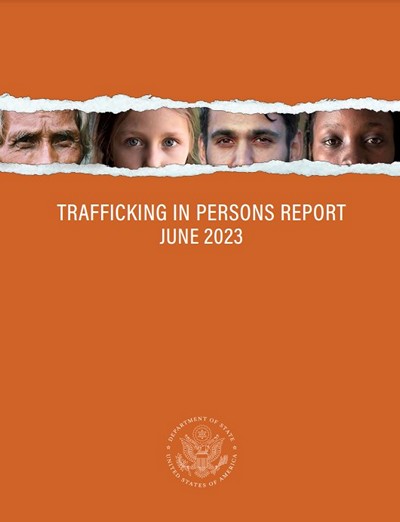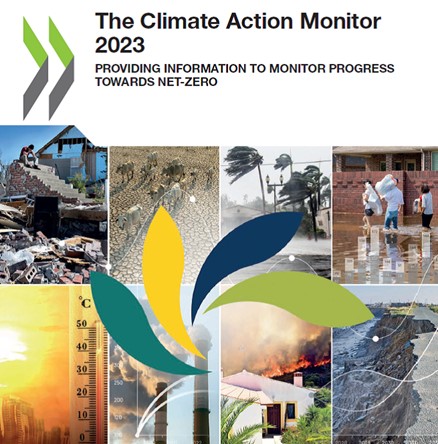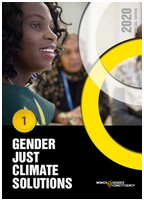2021 Global Report on Food Crises – Women & Children – Nutrition +
Извор: WUNRN – 10.06.2021

Direct Link to the 2021 Global Report on Food Crises – 307 Pages
Causes of undernutrition: poor diets, diseases and care practices Good nutrition goes beyond food security. Proper care practices, including breastfeeding and other recommended infant and young child feeding practices, hygienic environments, and access to health services are needed in addition to nutritious diets. Good nutrition is as much about ensuring an appropriate intake of nutrients as it is about ensuring that children are healthy enough to absorb those nutrients.
During emergencies, disruptions to food, health, water and sanitation, and social protection systems make it more difficult for people to access nutritious diets and health services, and to practise protective behaviours such as breastfeeding to prevent malnutrition. In Somalia, just 5.1 percent of children aged 6–23 months consume a diet that is considered minimally acceptable in terms of diversity and meal frequency (DHS 2020). In the Central African Republic, this figure is 7.4 percent (SMART, 2019). And in Nigeria, just 27.2 percent of infants are exclusively breastfed until 6 months (NNHS 2018).
Even before the COVID-19 pandemic, malnutrition was a critical issue in food-crisis countries and particularly in those affected by protracted conflict and displacement, which disrupt the access of nutritionally vulnerable women and children to adequate food, essential services, and a safe and healthy environment.
Of the 10 countries with the highest prevalence of wasting, eight (Yemen, South Sudan, the Sudan, the Niger, Somalia, Chad, northern Nigeria, and Burkina Faso) are affected by protracted conflict.



